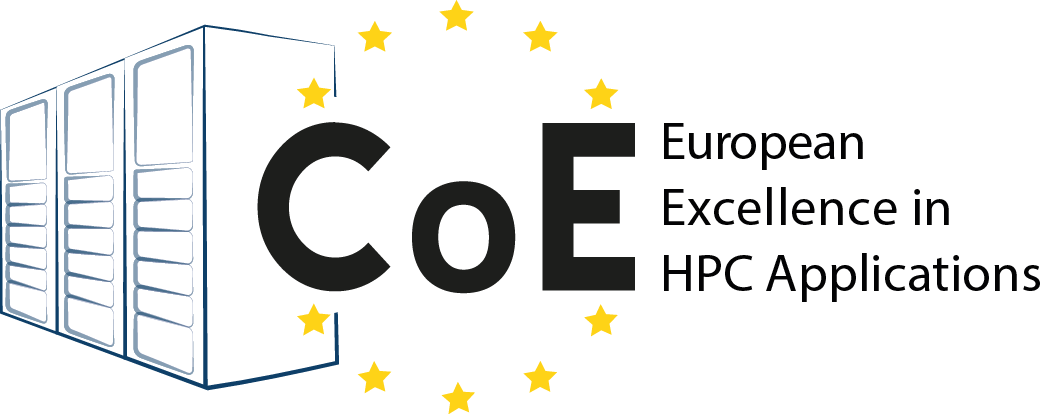The summer school will include lectures and hands-on sessions on the following topics:
Molecular Dynamics simulations
Biomolecular Docking
QM/MM
Free energy calculations
Advanced sampling methods (Metadynamics)
During the hands-on computer practicals participants will work on a use case integrating the various topics above making use, among others, of the BioExcel flagship software (GROMACS, HADDOCK, PMX).
The event will be a gathering of free energy calculation practitioners and method developers, both from academia and industry. In the spirit of similar previous workshops, we are interested in hearing about use cases, pitfalls and their solutions, as well as failures, and possible paths forward for improvement.
The exponential increase of known protein structures and the wealth of experimental data on biomolecular dynamics and function particularly in the single molecule field creates a rapidly growing demand for computer simulation studies at the atomic level. This informal and interdisciplinary meeting for physicists, chemists, and biologists using and/or developing computer simulation techniques for the study of biological molecules aims at providing on overview of recent developments and applications as well as an informal and lively platform for future collaborations.
The objective of this course is to explain the different components of MareNostrum 4 and to understand the design decisions taken. We also analyze how the system administration is taken in this Petaflop system.
his is an expansion of the topic “OpenACC and other approaches to GPU computing” covered on last years editions of the Introduction to CUDA Programming. This course is delivered by the GPU Center of Excellence (GCOE) awarded by NVIDIA to the Barcelona Supercomputing Center (BSC) in association with Universitat Politecnica de Catalunya (UPC). It will provide very good introduction to the PUMPS Summer School run jointly with NVIDIA – also at Campus Nord, Barcelona.
This course will provide very good introduction to the PUMPS Summer School run jointly with NVIDIA also at Campus Nord, Barcelona. For further information visit the school website as this school has attendee selection process.
The objective of this course is to learn how Paraver and Dimemas tools can be used to analyze the performance of parallel applications and to familiarize with the tools usage as well as instrumenting applications with Extrae.
This tutorial will introduce the audience to the BSC tools for heterogenous programming on FPGA devices. It describes OmpSs@FPGA, as a productive programming environment for compute systems with FPGAs.
The tutorial will motivate the audience on the need for portable, efficient programming models that put less pressure on program developers while still getting good performance for clusters and clusters with GPUs.
The High-Performance Computing (HPC) 2019 event will cover topics such as HPC in software tools, big data analytics and advanced numerical methods, as well as the various types of algorithms associated with supercomputing. The conference is dedicated to the 150th anniversary of the Bulgarian Academy of Sciences.
